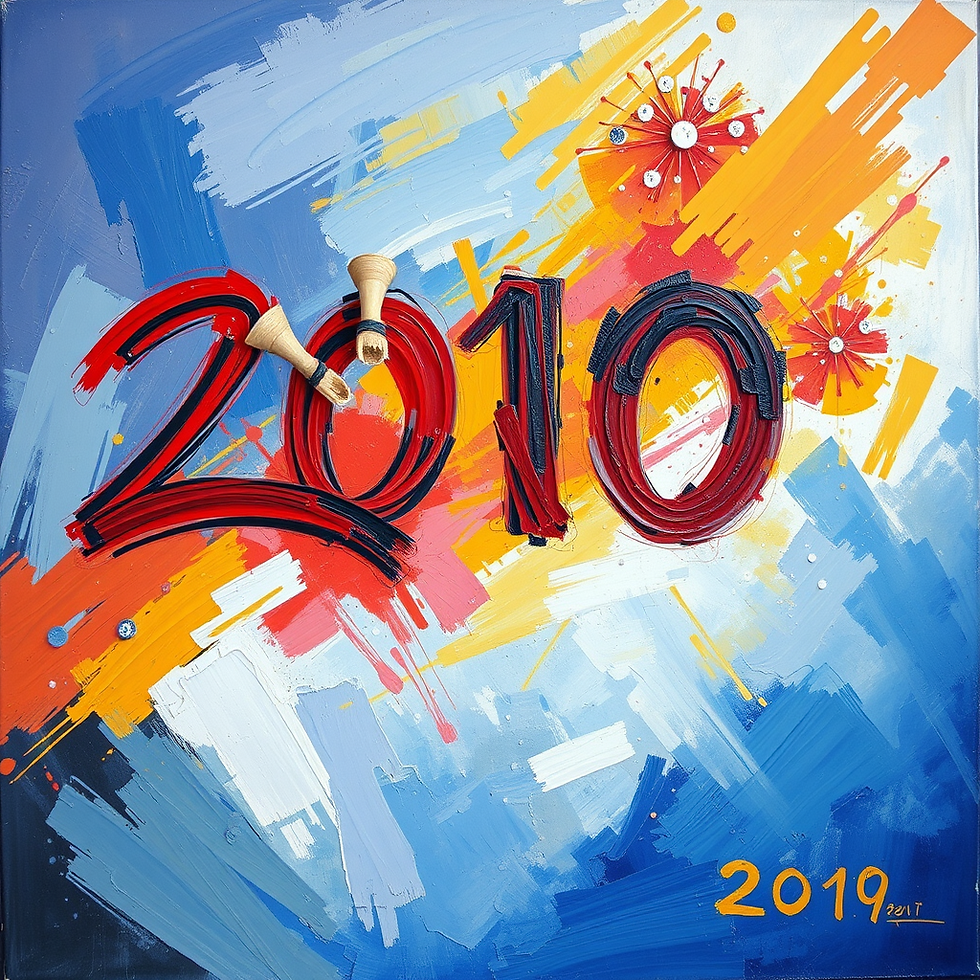
- amolosh
- Aug 28, 2025
- 1 min read
The Best American Poetry 2
O10 includes Updike (who’d died
the year before); John Ashbery, doubt
-ing the approach of spring; and Ann Carson,
“Wildly Constant”; Tom Clark, “excavation
too’s required / Cries out the hungry unborn poem / Within us, demanding to exist as /
If alive”; G. C. Waldrep, “That was the spring
the bees disappeared”; J. E. Wei, “So Long,
my pine, So Long, my pine.” I skim, of course
over Derek Walcott and other fine poets.
Obama was president. A hopeful
year, all in all, for U.S. poetry.
What, then, suppose of 2025?
The Best American Poetry 2O10, edited by Amy Gerstler and David Lehman (Scribner Poetry, 2010).
Thursday, August 28, 2025


